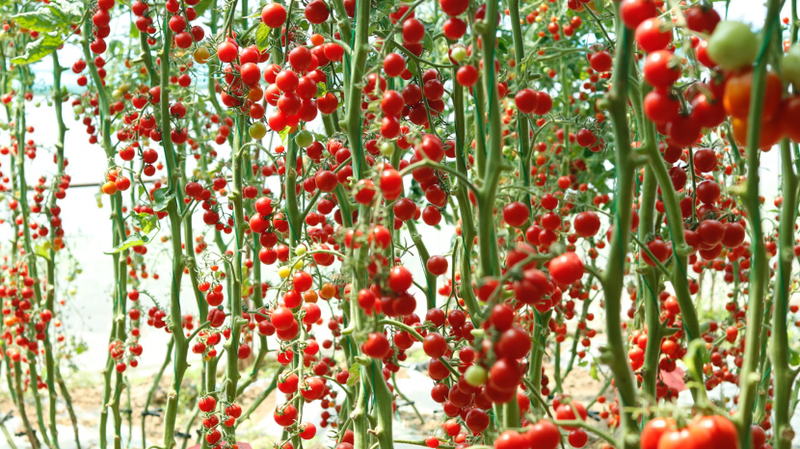A groundbreaking study led by Professor Xu Cao at the Institute of Genetics and Developmental Biology of the Chinese Academy of Sciences has unveiled how tomato plants combat extreme heat while stabilizing yields. As global temperatures rise, heatwaves threaten agricultural productivity with each 1°C increase potentially reducing crop yields by 6 to 8 percent.
Published in Developmental Cell, the study reveals that tomato plants activate a redox-controlled bet-hedging mechanism to delay flowering during heat stress. Under high temperatures, reactive oxygen species (ROS) accumulate and prompt the phase separation of a floral repressor known as terminating flower (TMF). This process reprograms the shoot apical meristem by suspending maturation, consequently extending the vegetative growth period until cooler conditions return.
This adaptive strategy, which can prevent 34 to 63 percent of yield losses in the first fruit truss, offers crucial insights for developing climate-smart crops. The findings not only advance our understanding of plant resilience but also provide a promising framework for precision breeding aimed at ensuring food security in a warming world.
The study resonates across a diverse, globally connected audience, from young global citizens and tech enthusiasts to thought leaders and sustainable travel advocates, by combining data-driven insights with a dynamic approach to addressing climate challenges in agriculture.
Reference(s):
Chinese scientists reveal how tomatoes beat heat, stabilize yields
cgtn.com




